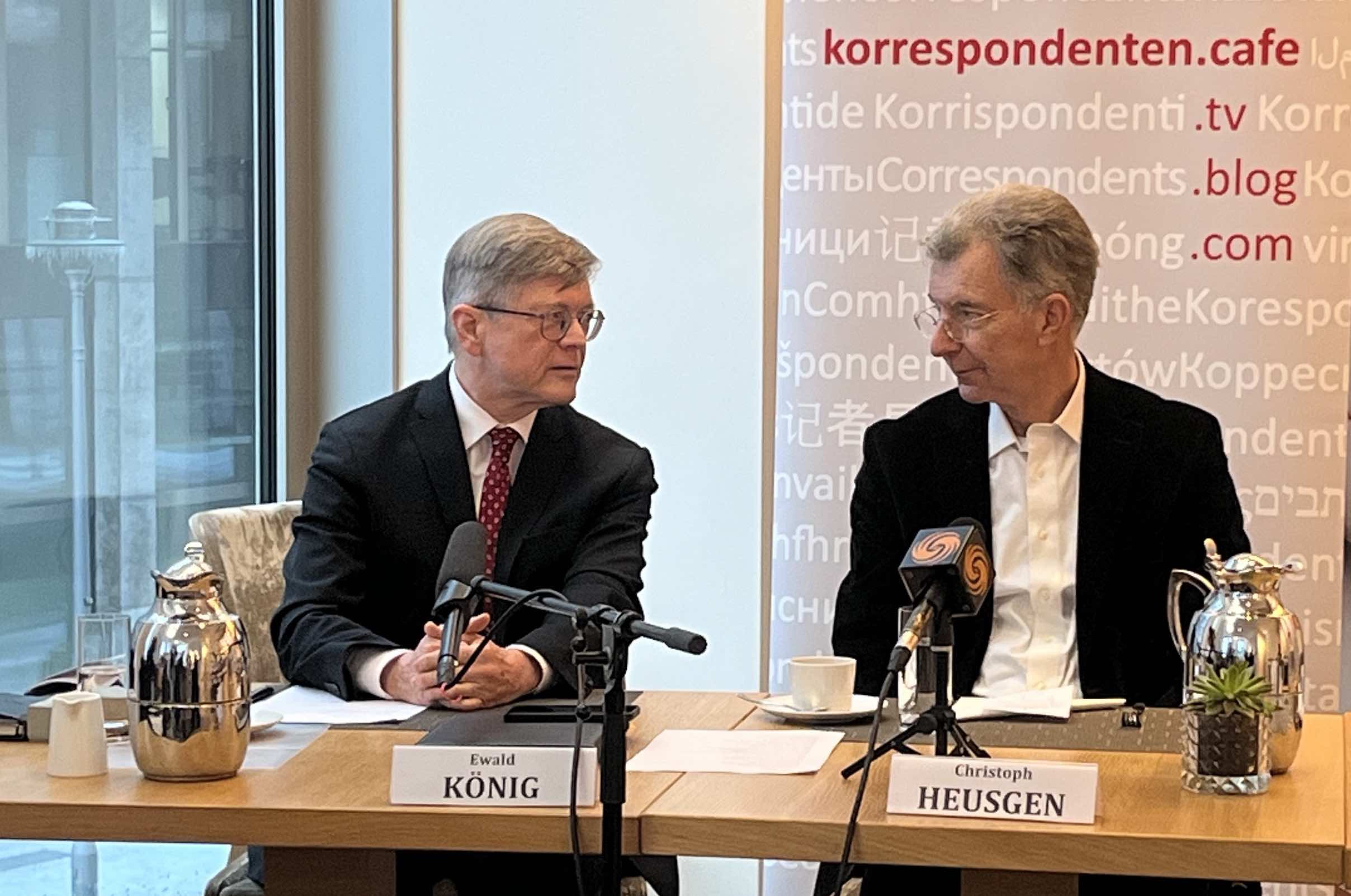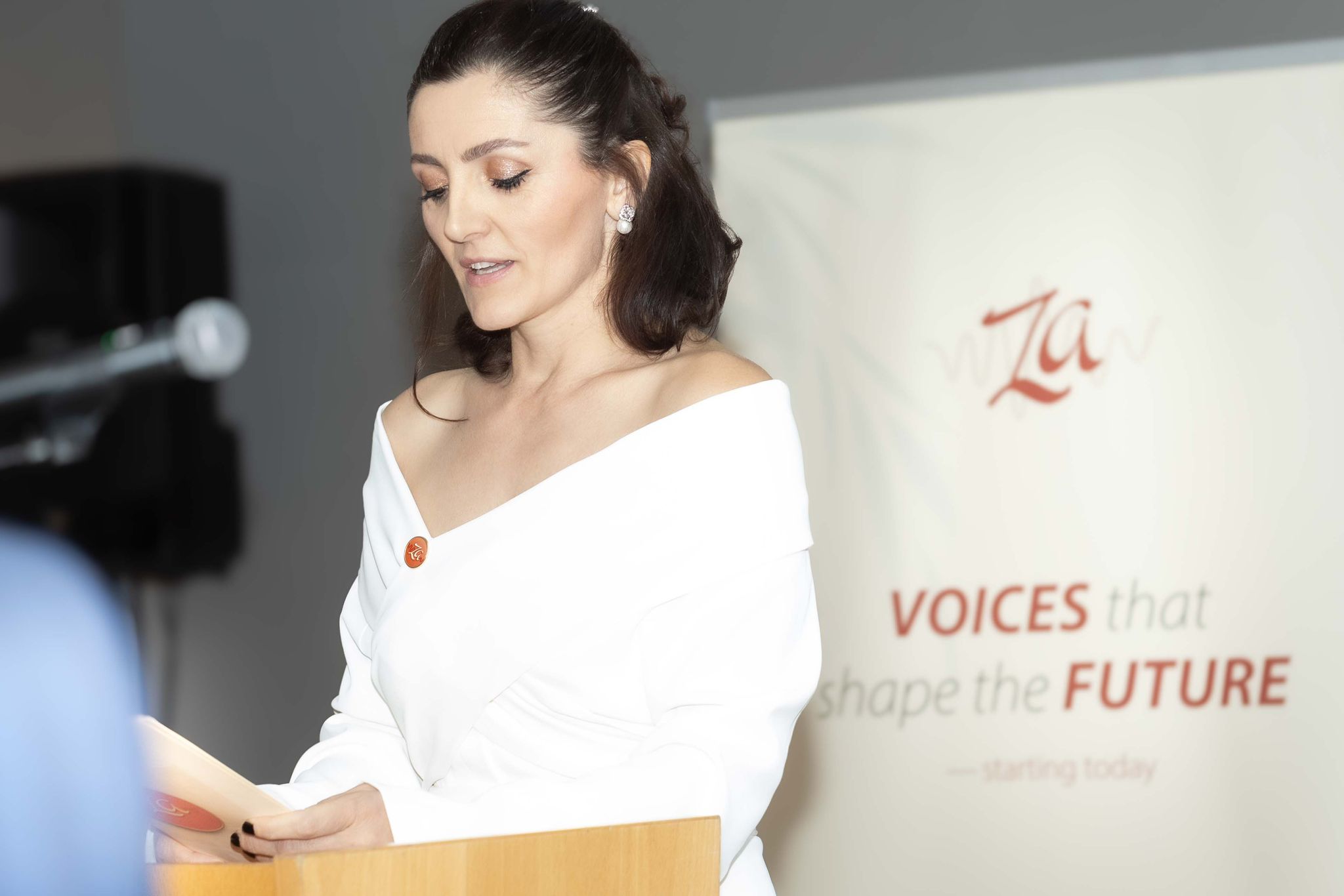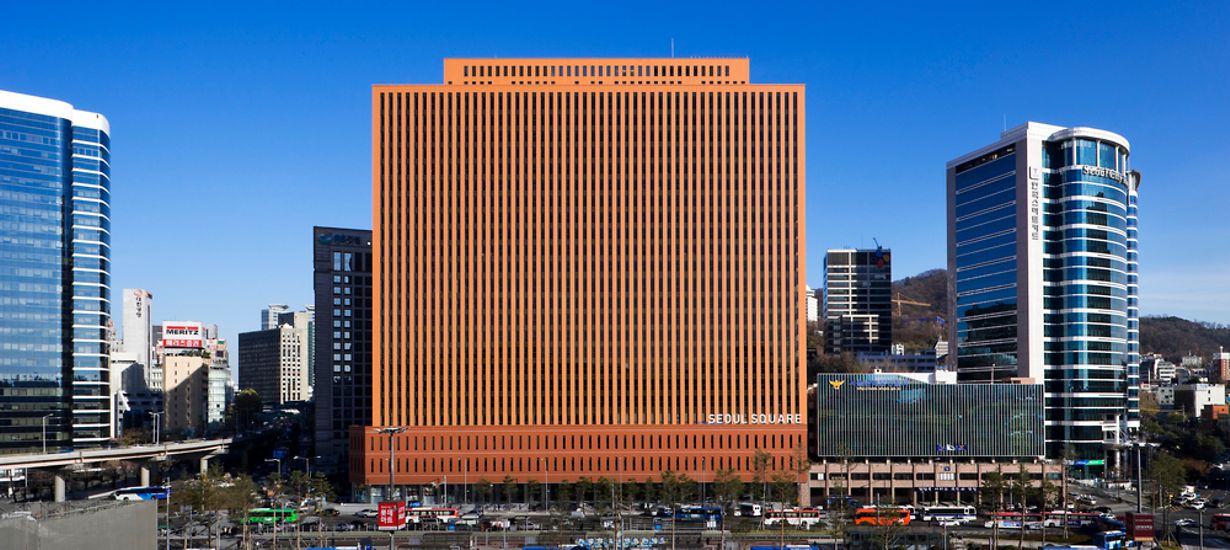diplo.news
The country needs strategists
By Gudrun Dometeit

When he explained the world situation in his smoky voice, he was certain to attract attention. 100 years of wisdom spoke from the words of Henry Kissinger, who himself experienced several wars and was partly responsible for at least one himself (Cambodia). The old master of diplomacy, never entirely undisputed but admired in his career as a top US diplomat, came to mind again these days, in view of the erratic negotiations on peace in Ukraine. And given Donald Trump's plans, which apparently amount to freezing the conflict and recognizing Russian territorial gains. Washington even wants to legally recognize Crimea annexed in 2014. There is great outrage over the proposal not only in Ukraine but also in the rest of Europe. Ukrainian President Volodymyr Zelensky strictly rejects the return of the Black Sea Island, which Stalin added to the former Ukrainian Soviet Republic in 1954.
Remember: As early as 2014, Kissinger pleaded for compromises between Ukraine and Russia that might have prevented a war. Ukraine should refrain from joining Nato and become neutral, while Russia should refrain from annexing Crimea in return for giving the peninsula far-reaching autonomy. The idea was clever because it took into account the complicated political conditions on the ground: The historically special relationship between Ukraine and Russia as well as Crimea's efforts to achieve autonomy following the collapse of the Soviet Union, all of which failed due to the Ukrainian central government. No government wanted to know anything about the federalization of the country.
At the World Economic Forum in Davos in 2023, Kissinger repeated his thesis that the Ukraine War could not be ended without sacrificing territory, referring in particular to Crimea. This also earned him indignation. He argued at the time that developments in Ukraine were far too often portrayed as a showdown. "The test case is not absolute satisfaction but balanced dissatisfaction."
Why is remembering the world leader important? Because he also focused on the (historical) roots of conflicts. Because foreign policy for him was the art of what was possible and not that of competing attitudes. And because he could think long-term, because he was a real strategist. However, this species appears to be completely extinct — in the White House under Trump's arbitrary leadership anyway, but also in Europe, in Germany. Instead, the same patterns of indignation and demonization can be heard from science and politics (Putin is disruptive, aggressive, wants to destroy the West, will soon invade a NATO country), and the same demands to arm Ukraine.
The discussion about the biggest conflict in Europe since the Second World War continues to disappear into the minor details. Concrete and far-sighted political ideas for resolving this conflict are also not to be heard from the ranks of the future German government. Diplomacy and foreign policy are viewed exclusively through the barrel of a gun.
But because this has to be said again and again: This is not about justifying a war, let alone attacks on civilians. Russia's invasion of Ukraine was a huge break of taboo, and Putin's war remains. But, as Kissinger once wrote: “The test for politics is not how something starts, but how it ends. If Ukraine is to survive and flourish, it cannot be anyone's outpost. No, it should be a bridge (between East and West). ”
One can only hope that it is not too late for that.




